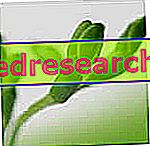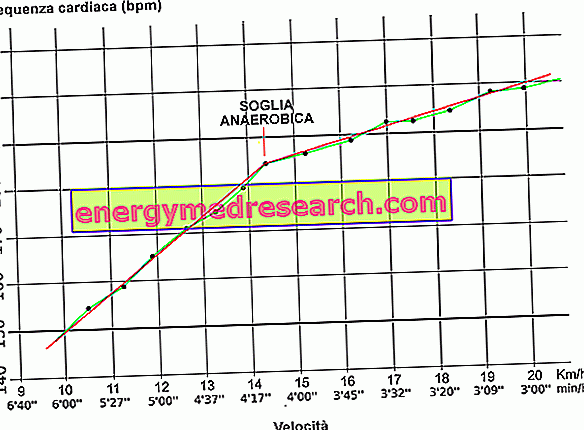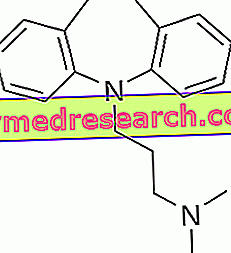Natural substances that help fight cholesterol?
See also: Phytosterols: side effects and health hazards
Phytosterols are plant sterols present in the non-saponifying portion of vegetable oils and, to a lesser extent, in all foods of plant origin, especially if high in fat. Structurally, phytosterols are similar to cholesterol, although the latter is not present in plants. They are not synthesized in humans but are introduced exclusively with the diet. The typical contribution of plant sterols varies from approximately 200 to 400 mg / day and is higher in vegetarians.

The reduction of LDL cholesterol is mainly due to the decrease in its absorption and to the alteration of the enzymes involved in its metabolism and in its excretion.
Watch the video
X Watch the video on youtubePlant sterols derive from different oil sources, which include extra virgin olive oil, pine wood oil, soybean oil, rice oil, walnut oil. Among the vegetables the highest contents are found in broccoli, Brussels sprouts, cauliflower, green and black olives.
To enhance the effect of a possible integration of plant sterols it is recommended to associate them with a balanced diet rich in fiber. The sterols must not in fact become an excuse to say: " well I eat two beautiful sausages with fried eggs and with a bit of phytosterols I keep the cholesterol under control ".
This for two main reasons:
plant sterols do not work miracles, they are not able to completely reduce cholesterol absorption:
about 80-90% of total cholesterol is produced independently by our body, especially from the liver but also from the adrenal gland and the sexual glands.
In other words, if my body produces an excess of cholesterol I can do all the physical activity I want and take mountains of plant sterols, BUT I will continue to suffer from hypercholesterolemia (albeit in a less severe form).
Therefore:
The efficacy of phytosterols on the reduction of LDL cholesterol in the blood is maximum especially in the case of excessive dietary intake. If the diet already contains low amounts of cholesterol but cholesterolemia remains high, the effectiveness of sterols is still useful but not very relevant in the general picture.
In these cases it is better to focus on increasing the values of the so-called good cholesterol, increasing the consumption of fish (which contributes to reducing the levels of triglycerides and making the blood more "fluid") and of products with a high content of mono and polyunsaturated fatty acids . Since fiber also contributes to reducing cholesterol absorption, it is good to regularly consume fruit, vegetables and whole grain products, preferably organic.
And if I stop taking plant sterols? Simply the absorption of cholesterol will be higher, as it was before you started taking them regularly.
Want to know which foods have the highest cholesterol content?



